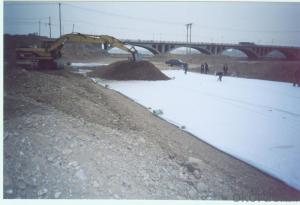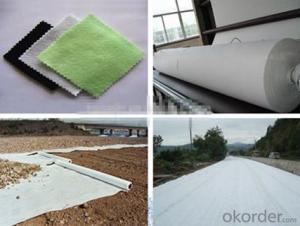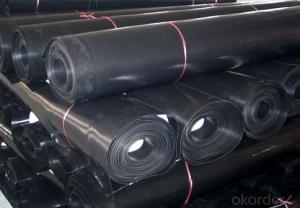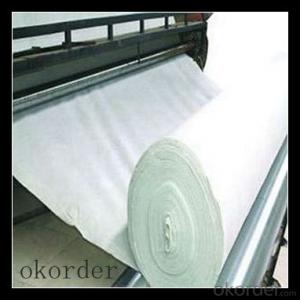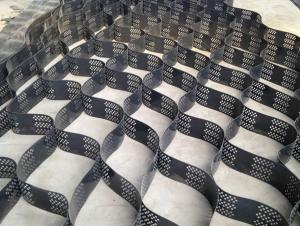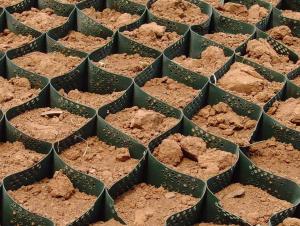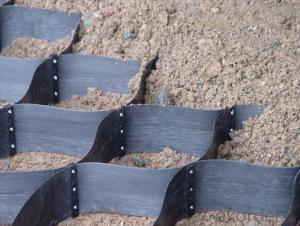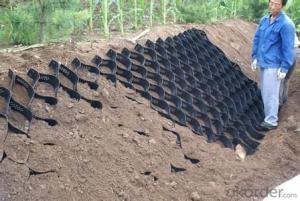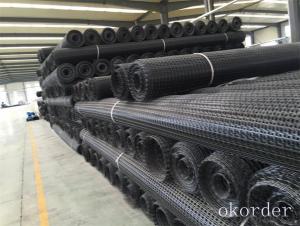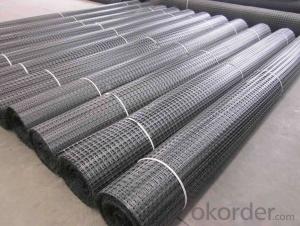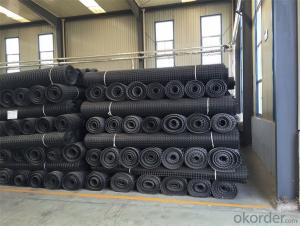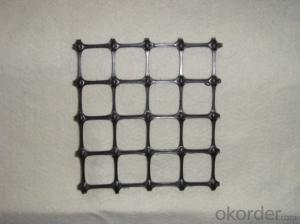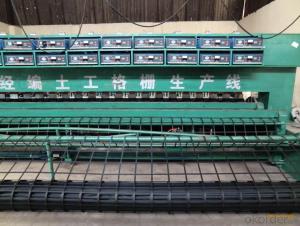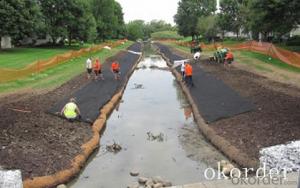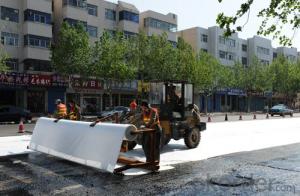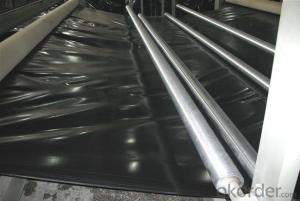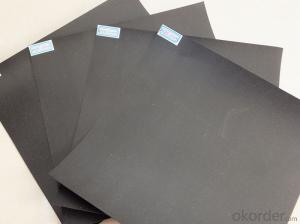All Categories
- - Steel Wire Rod
- - Steel Coils
- - Steel Profiles
- - Steel Pipes
- - Stainless Steel
- - Tinplate
- - Special Steel
- - Steel Sheets
- - Steel Rebars
- - Steel Strips
- - Hot Rolled Steel
- - Cold Rolled Steel
- - Pre-painted Steel
- - Seamless Steel Pipe
- - Welded Steel Pipe
- - Hollow Steel Tubes
- - Galvanized Pipe
- - Stainless Steel Coil
- - Stainless Steel Sheet
- - Stainless Steel Plate
- - Stainless Steel Strips
- - Electrolytic Tinplate Coil
- - Electrolytic Tinplate Sheet
- - Stainless Steel Rebars
- - Solar Panels
- - Solar Water Heater
- - Solar Related Products
- - Solar Inverter
- - Solar Cells
- - Solar Light
- - Solar Energy Systems
- - Solar Controllers
- - Solar Mounting System
- - Solar Pump
- - Solar Chargers
- - Fiberglass Chopped Strand
- - Fiberglass Mesh Cloth
- - Composite Pipes
- - FRP Pultrusion Profiles
- - Fiberglass Mat Tissue
- - Fiberglass Fabrics
- - Fiberglass Mesh
- - Composite Tank
- - Fiberglass Mesh tape
- - Polymer
- - FRP Roofing Panel
- - Fiberglass Roving
- - Monolithic Refractories
- - Ceramic Fiber Products
- - Refractory Bricks
- - Raw Materials For Refractory
- - Suspended Platform
- - Cranes
- - Concrete Machinery
- - Earthmoving Machinery
- - Building Hoist
- - Road Building Machinery
- - Plastic Pipe Fittings
- - Plastic Tubes
- - Plastic Sheets
- - Agricultural Plastic Products
- - Plastic Nets
 All Categories
All Categories
Q & A
What environmental regulations and permits are applicable to earthwork near water bodies?
There are several environmental regulations and permits that are applicable to earthwork near water bodies. Some examples include the Clean Water Act, which requires obtaining a permit under the National Pollutant Discharge Elimination System (NPDES) for any discharges of pollutants into navigable waters. Additionally, permits under the Section 404 of the Clean Water Act are required for any dredging or filling activities that may impact wetlands or waters. State and local regulations may also apply, depending on the specific location. These regulations aim to protect water quality, preserve habitats, and prevent detrimental impacts on aquatic ecosystems.
How is material classification and selection determined in earthwork projects?
Material classification and selection in earthwork projects is determined based on various factors such as the project specifications, soil conditions, and the intended use of the material. Soil samples are often collected and analyzed to determine their properties and suitability for specific project requirements. This helps in classifying the materials into different categories, such as fill, subgrade, or structural material. Additionally, considerations like cost, availability, and environmental impact also influence material selection decisions in earthwork projects.
How do geotechnical engineers address soil settlement concerns in earthwork?
Geotechnical engineers address soil settlement concerns in earthwork by conducting thorough site investigations and soil testing to assess the compressibility and settlement potential of the soil. They then apply appropriate soil stabilization techniques, such as compaction, preloading, or soil improvement, to mitigate settlement risks and ensure the stability and longevity of earthworks structures. Monitoring and regular inspections are also carried out to detect any settlement issues during and after construction, allowing engineers to take corrective measures if necessary.
Wholesale Earthwork from supplier in Yemen
Our team of experts is equipped with the latest industry knowledge and technology to provide you with the most efficient and cost-effective Earthwork solutions. We understand the unique challenges and requirements of working in Yemen, and we have the experience to overcome any obstacles that may arise.
Our Earthwork products include a wide range of materials such as aggregates, soil, sand, and gravel, as well as equipment and machinery for excavation, grading, and compaction. We also offer specialized services such as land clearing, site preparation, and erosion control. Whatever your Earthwork needs may be, we have the resources and expertise to meet them.
At our company, customer satisfaction is our top priority. We strive to build long-term relationships with our clients by providing excellent customer service and support. Our dedicated team of professionals is always available to answer any questions you may have and provide timely assistance throughout the procurement process.
When you choose us as your Earthwork solution provider in Yemen, you can trust that you are working with a reputable and reliable company. Our commitment to quality, innovation, and sustainability sets us apart from our competitors. We are constantly investing in research and development to stay at the forefront of the industry and provide our clients with the best possible solutions.
Contact us today to discuss your Earthwork needs in Yemen. We are confident that we can provide you with the highest quality products and services to ensure the success of your projects.
Our Earthwork products include a wide range of materials such as aggregates, soil, sand, and gravel, as well as equipment and machinery for excavation, grading, and compaction. We also offer specialized services such as land clearing, site preparation, and erosion control. Whatever your Earthwork needs may be, we have the resources and expertise to meet them.
At our company, customer satisfaction is our top priority. We strive to build long-term relationships with our clients by providing excellent customer service and support. Our dedicated team of professionals is always available to answer any questions you may have and provide timely assistance throughout the procurement process.
When you choose us as your Earthwork solution provider in Yemen, you can trust that you are working with a reputable and reliable company. Our commitment to quality, innovation, and sustainability sets us apart from our competitors. We are constantly investing in research and development to stay at the forefront of the industry and provide our clients with the best possible solutions.
Contact us today to discuss your Earthwork needs in Yemen. We are confident that we can provide you with the highest quality products and services to ensure the success of your projects.
